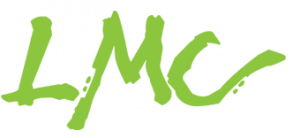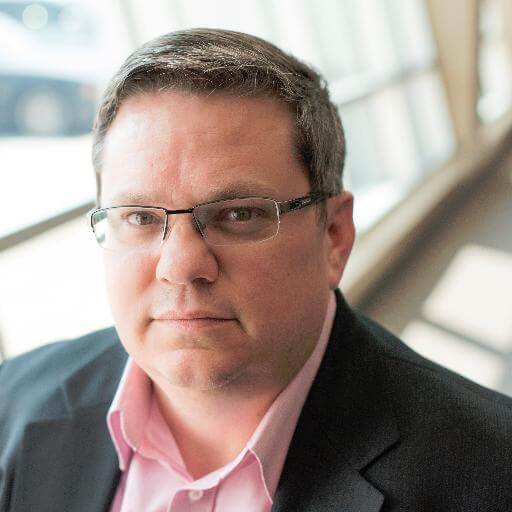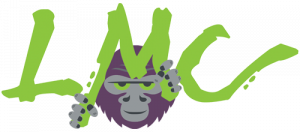Dave Pedigo, CEDIA’s Senior Director of Emerging Technologies
Q&A With Leaders in Technology and Aging
Each week on Tech Tuesdays, we’ve been featuring innovators in the Technology and Aging industry. Today, we spoke with Dave Pedigo from CEDIA. Here some highlights from our conversation.
Q: Hi Dave. Good to talk with you. Can you tell us a little about yourself?
A: I’m the Senior Director of Emerging Technologies for CEDIA. Our focus is the custom electronic industry for the residential side, things like home automation, home theater systems, distributed audio, distributed video, home health, and so on. My job is helping to identify the emerging trends, opportunities, and threats to industry. And I also help manufacturers and integrators communicate back and forth, and to identify new channels of revenue.
[pullquote align=”left” cite=”” link=”” color=”” class=”” size=””]Things are happening so fast, we can’t humanly comprehend the rate of change. [/pullquote]
Q: How did you get into this industry?
A: Back in the early 2000s, I’d been working for a trade association for the satellite industry. Then I got recruited to work for CEDIA, and I’ve been here for the 12 years since.
Q: So, what is CEDIA? Can you tell me about it?
A: CEDIA is the trade association for the custom electronics industry. It’s an international association, with 3500 member companies world-wide, representing manufacturers and home technology professionals. We do so many things in addition to the trade show. We used to have the slogan, CEDIA: More than just a trade show. We’re involved with government affairs, lobbying, and watching for potentially harmful legislation. We also write industry standards, help develop best practices, and work with industry partners to try to create the industry. We help connect manufacturing with suppliers, and with home owners. In a short time, electronics have gone from “nice to have’s” to “must have’s” in the home
Q: Have you seen changes to CEDIA over the years?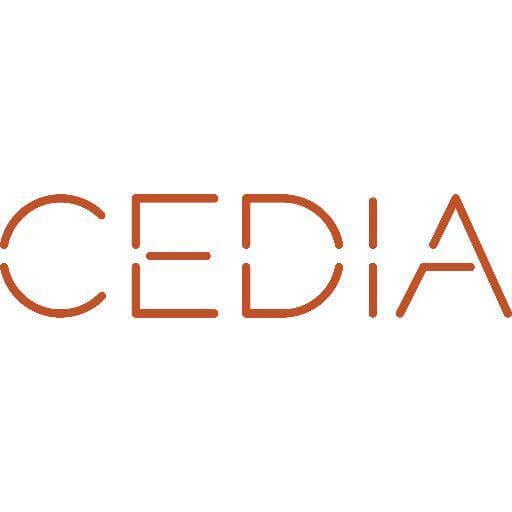
A: (laughs) Yeah, that’s hysterical. I don’t think there are that many sectors that have changed as rapidly and dynamically as we have. The biggest change is the change from analog to digital. And we’ve gone from huge computers to pocket-sized computers. There’s HDTV, aging in place… Digital health is at such an amazing time right now. We have a whole council with various areas of expertise, trying to keep track of their own segments of interest, and even they can’t keep up with how fast things change. There are so many announcements coming out, just in the last week, so it’s almost impossible to keep up with and comprehend.
Q: You’ve seen a lot of what goes on in the industry. What do you think it’s doing right?
A: What’s happening is the democratization of intellectual property. Now everything is digital, everyone has a computer, with the ability to do tons of programming. There are so many people with so many ideas, and it’s theoretically simple to take an idea and convert it to reality. So, my formula for the next industrial revolution is: 3D printing, social media, and crowd funding. Take those three things, and someone who has an idea, and what would have been difficult to pull off a few years ago, is relatively easy.
There are so many people with so many great ideas, and so much change. The chief scientist at Google calls it the law of accelerating returns. Things are happening so fast, we can’t humanly comprehend the rate of change. The Apple watch, for example, some people may say it’s a novelty. I use it mostly as a heart rate monitor, and it’s really accurate. I’m using it to collect long-term data that I can take when I go to the doctor, and say, “This is happening.” It quantifies the information.
So, all these things, whether it’s a gigantic or a small company, it’s faster to market. We’re collecting so much more data than we used to. We’re on the edge of solving a lot of problems. Another example with the Apple watch, they’re trying to tackle five major types of health issues. There are tests you can do every day on the watch. You tap the watch, and it measures how you do. Apple aggregates that anonymous data, and is looking for triggers for events such as asthma attacks. The data in aggregate will help all for solutions to our biggest medical problems.
Q: And what would you change?
A: A lot could be done better. If we start with premise that anyone with a dream can create a product, that is also the exact problem. There’s a lot of stuff coming out that is half-baked, or doesn’t operate well with other products. So there’s also a lot of stuff that: A) doesn’t work very well, or B) doesn’t work very well when put in combination with a series of other products, which, in a home, happens every day. Also, almost all the products being developed today are trying to get to market as fast as possible with the easiest ease-of-use, and they don’t take privacy and security into consideration. As an example, take camera manufacturers. Security cameras are great, don’t get me wrong, but to make them easy to set up by a typical consumer on a smart phone, they use techniques that allow for easy backdoor networking entrance, that make it easy to watch what your camera is broadcasting. And I get it, I promise you. The general consumer these days is willing to risk a potential privacy incursion for convenience.
Q: Do you have any advice you would offer an entrepreneur?
A: My biggest advice is that, if you’re getting into this, create a business plan. That might sound like simple, easy advice. There are plenty of people who get into this industry, because they’re passionate, or hobbyists who think they can make a living. But you have to figure out how you’re going to make money at it. If you are providing a good or service and not running the business well enough, and you go out of business, that’s a disservice to the customer. Too many people assume the technology side is the more important, when in fact running the business is more important, and the tech side will come to you. The sky is the limit, especially in home health. Holy cow. But you have to be able to stay in business.
Q: You’re an expert in emerging technologies. What do you see coming up that’s exciting?
A: We’re on the verge of some truly innovative solutions that will improve the quality of life. The biggest one for me is voice control. My father has some major health problems. He lives with me, on the main floor. When he gets up at night, he had been taking a flashlight to fumble around and find the keypad for the lights. But now he can say, “Alexa, turn on the kitchen lights 50 percent,” and the lights turn on. That’s not just a novelty when you’re in your late 70s and in ill health, it’s a necessity. You could say we could have done it with a motion detector, but I move around at night a lot and I don’t want the light to come on all the time. This is better. It’s just a simple example of what’s coming. 2016 will be an amazing year for voice control, for natural user interfaces, and also for virtual reality and augmented reality, which gets nerdy and sci-fi-ish, but it is here and really amazing.
Laura Mitchell Consulting is a strike team of experts in the aging and technology industry. Know someone that we should feature in our “Meet the Innovators” blog series? Contact us at info@lmcllc.us and let us know!
